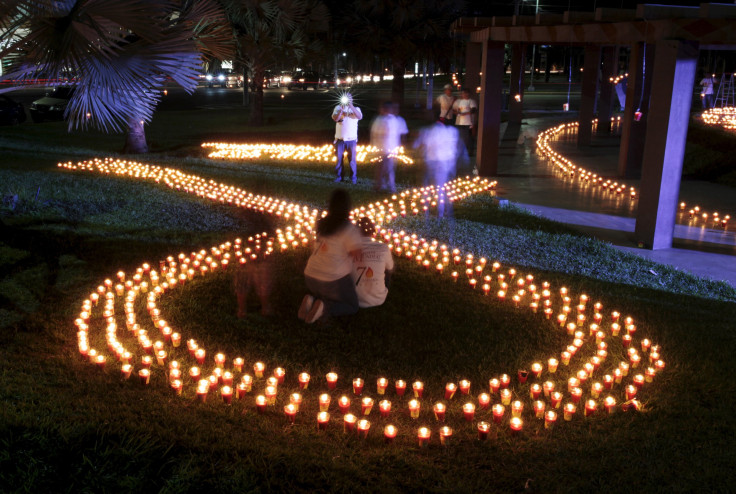Fighting AIDS: Experts Urge Immediate Treatment For People Living With HIV

Experts called for a shift in HIV treatment on Sunday, urging immediate universal treatment for people living with HIV, instead of waiting for signs of illness to appear. The move was announced at a global meet of leading AIDS scientists and officials in western Canadian city of Vancouver.
The experts signed a statement, dubbed the “Vancouver Consensus,” which said that immediate treatment “can effectively protect people at risk of infection through prophylactic use.” All people with HIV must have access to medication immediately after diagnosis, while legal barriers and bias must be dismantled, according to the statement.
“Immediate antiretroviral (ARV) treatment more than doubles an individual’s prospects of staying healthy and surviving,” the Vancouver Consensus stated. “Offering immediate ARV access is further supported by studies showing antiretrovirals can prevent transmission from people living with HIV to their negative partners.”
In the last global AIDS meeting in Vancouver in 1996, scientists shared evidence that “triple-combination antiretroviral treatment” can prevent AIDS-related deaths. The findings essentially meant that an HIV-infected person can lead a normal life on treatment.
“Vancouver is going to make history again, because prevention will be definitely established at this conference as the new standard of care,” Julio Montaner, director of Canada’s B.C. Centre for Excellence in HIV-AIDS, and the co-chair of the International AIDS Society conference, told Agence France-Presse (AFP).
It is possible to decrease HIV transmission rates by 95 percent with immediate treatment, AFP reported, citing researchers.
According to current estimates, “15 million people worldwide are receiving antiretroviral treatment and eight million deaths have been averted since 2000 by global activism, political will, and science,” the Vancouver Consensus stated. “It is time to reach the 60 percent of people living with HIV who are not accessing treatment, including 19 million who do not yet know their status.”
© Copyright IBTimes 2024. All rights reserved.





















